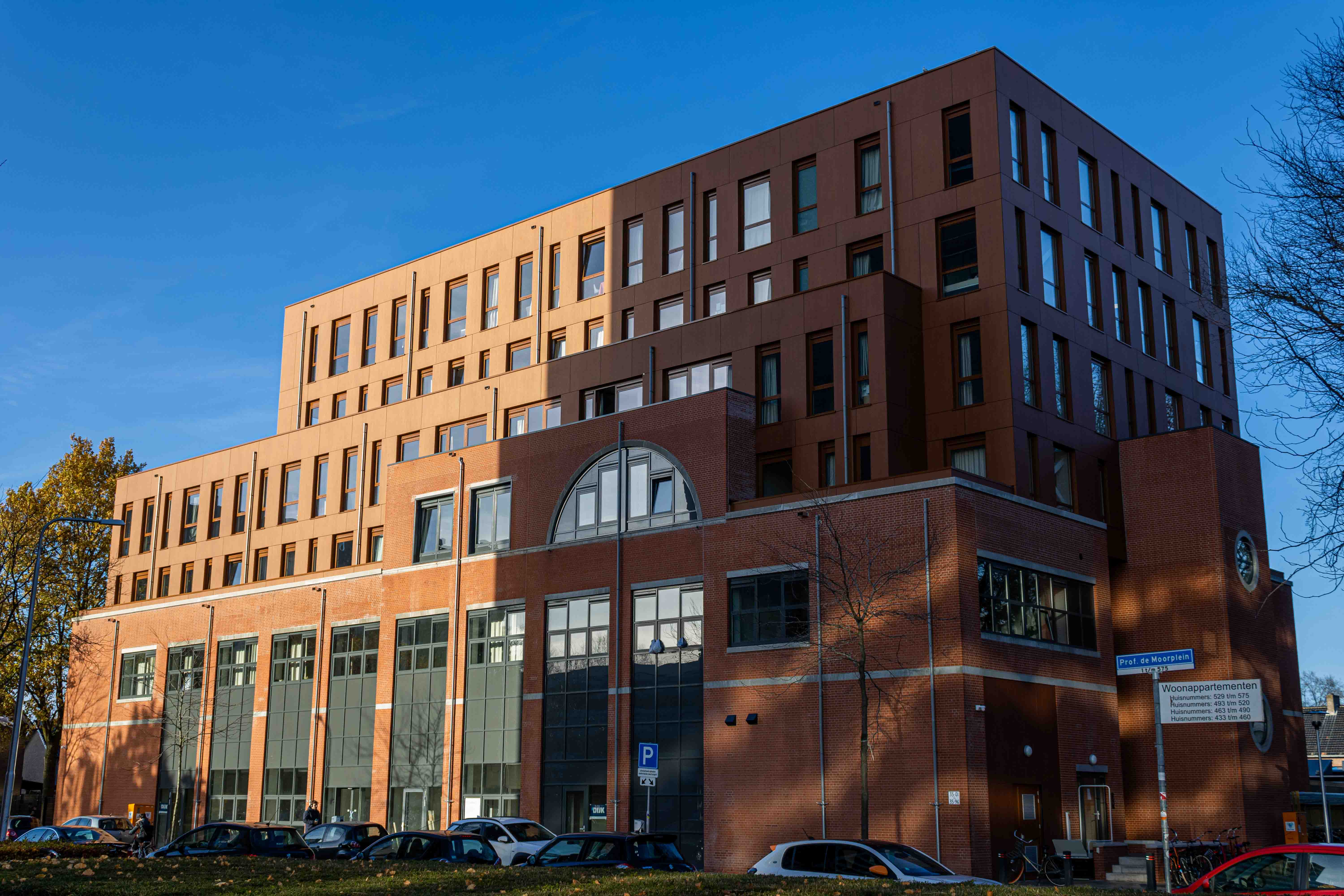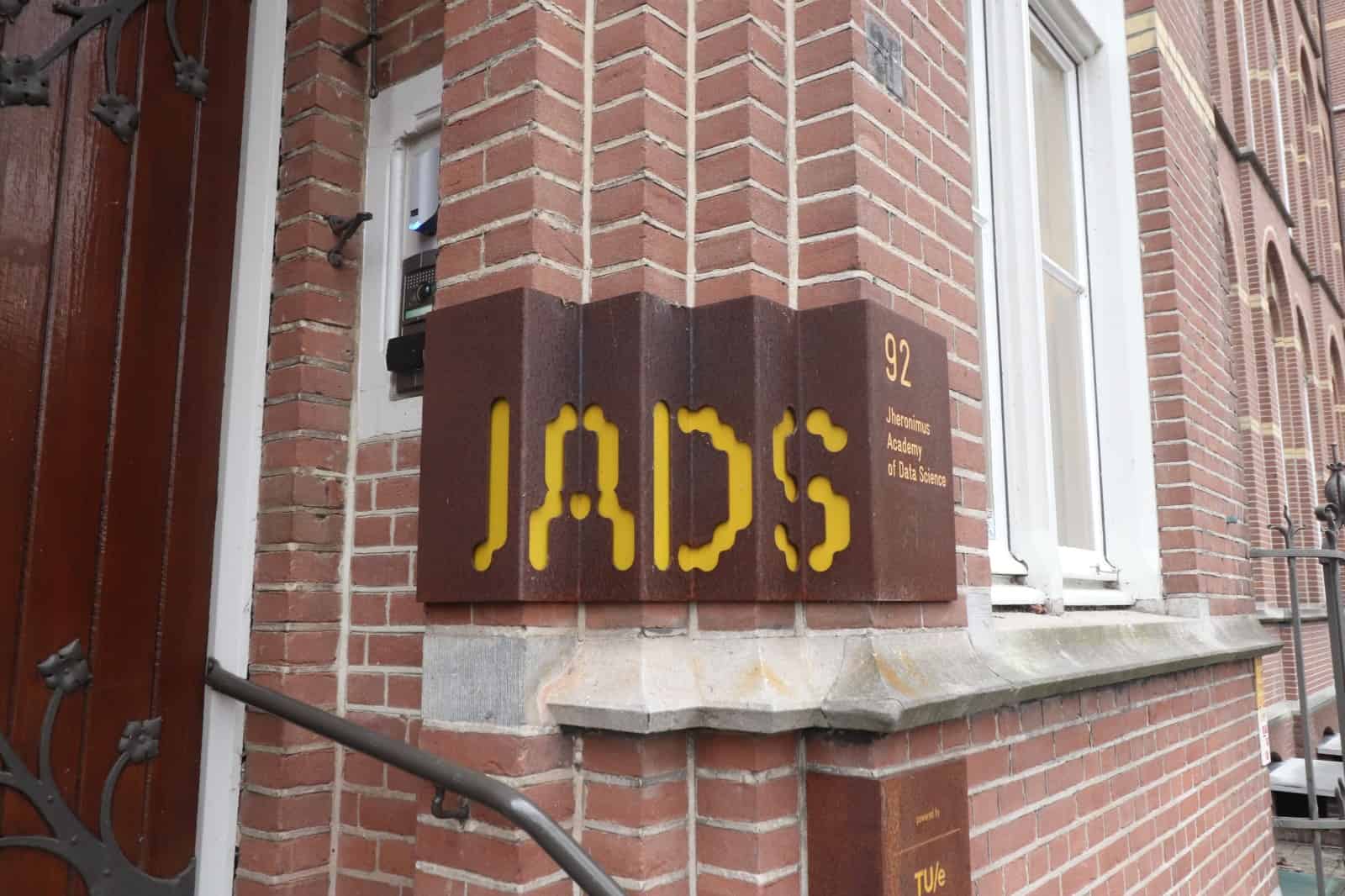
Laminate packaging is made up of plastic films, which are composed of different layers of several materials, such as aluminum. The drawback is that the different material layers are difficult to separate. Which makes this kind of packaging practically impossible to recycle.
Polyelectrolytes
A Dutch consortium of knowledge institutes and chemical companies has been researching an alternative to fix this. The first results are encouraging.
Jiaying Li, a doctoral student at the University of Twente, has focused within the consortium on polyelectrolytes, a type of polymer that is water-soluble. These polyelectrolytes are already used in the coating industry, but the layer-by-layer method required to make polyelectrolyte coatings is time-consuming and unsustainable.
Oxygen barrier
A solution that is currently being worked on within the consortium uses a mixture of positively and negatively charged compounds that stick together on account of the opposite charge. An alkali is added to this mixture which ensures that the polymer compound remains liquid and homogeneous during the production process. When drying, the base evaporates and the polymers stick together, forming a solid oxygen barrier.
Evaporated inner packaging
If the solution works in actual practice, it will be an energy-efficient and presumably easier to recycle alternative. This is good news for the packaging industry. Five years ago the Dutch government had already expressed its wish that plastic packaging with what is known as a ‘vaporized’ layer of aluminum should be taken off the market in order to reduce damage to the environment. No date had been set for the ban.
Jasper van der Gucht, professor of Physical Chemistry and Soft Matter at Wageningen University & Research, commented in a press release that the discovery is an important step towards more sustainable food packaging. “The gas barrier properties of these polymer-based coatings are at least equivalent to those of food packaging made of vaporized aluminum. Moreover, the potential environmental benefit is significant, as polymer packaging is potentially much more recyclable.”
Consortium
The research is part of the Advanced Research Center Chemical Building Blocks Consortium, a partnership involving several chemical companies and knowledge institutes that has been working on innovative chemical processes and materials since 2016. Wageningen University & Research, University of Twente, BASF and AkzoNobel collaborated in this particular research.
Also read about another project of this consortium of ‘chemical’ partners.







